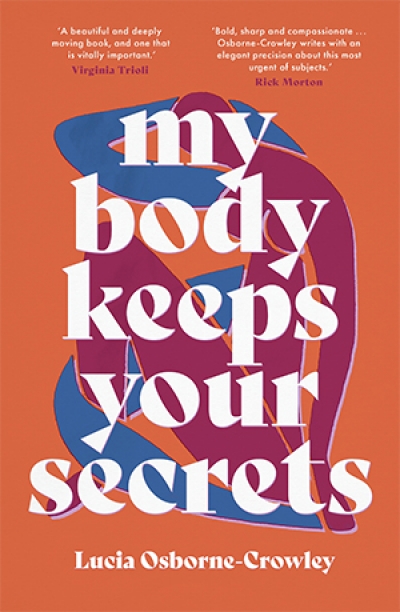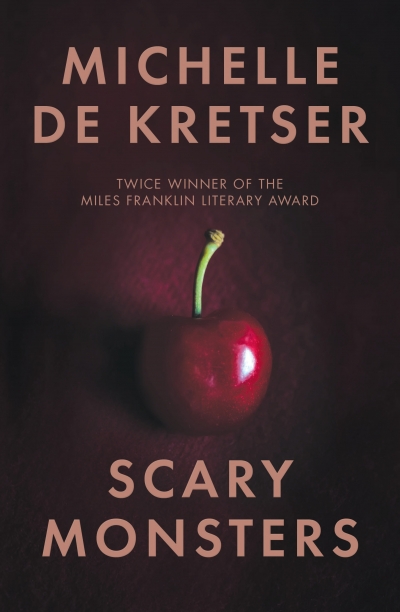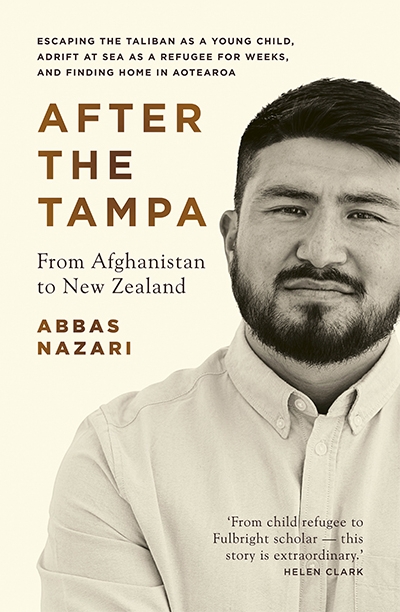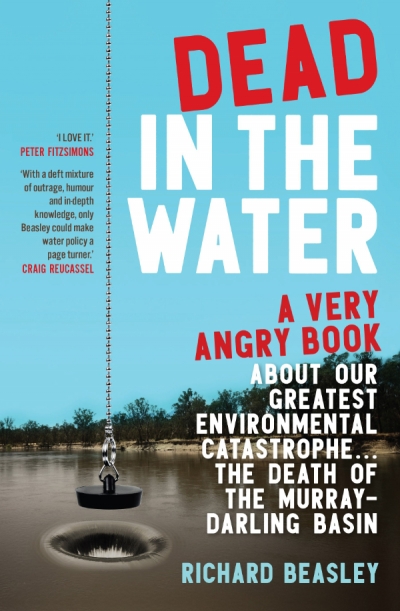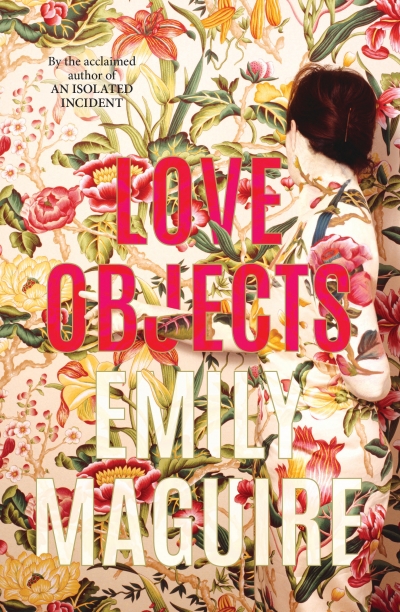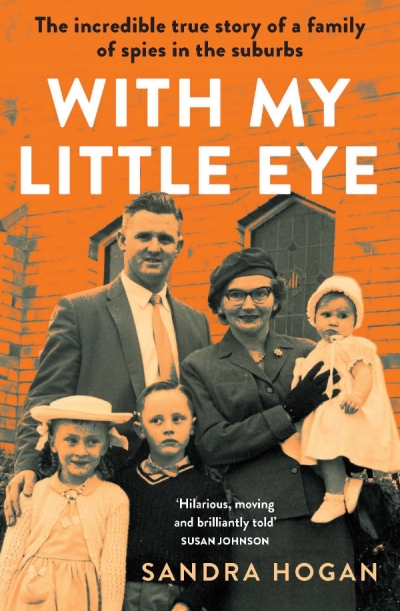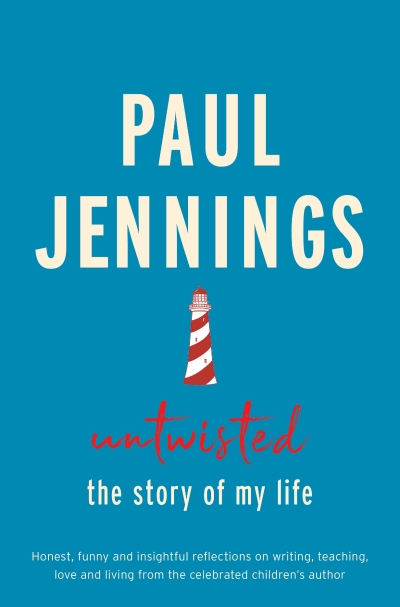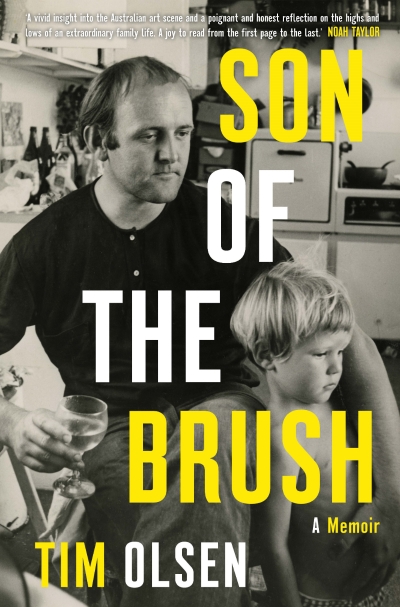Allen & Unwin
My Body Keeps Your Secrets by Lucia Osborne-Crowley
After the Tampa: From Afghanistan to New Zealand by Abbas Nazari
It has become a rite of passage for foreign correspondents returning home from a stint in China to pen a memoir recounting their experiences. All too often, the story begins with the said reporter crossing into mainland China at Lo Wu, having just spent time enjoying the bright lights of Hong Kong. Clearly, the Lo Wu railway station holds a certain allure for wandering Australian journalists.
... (read more)Dead in the Water: A very angry book about our greatest environmental catastrophe ... the death of the Murray-Darling Basin by Richard Beasley
A new Susan Johnson novel is always a treat, partly because you get the sense that with each one she has set herself a specific creative challenge, and partly because she is such a fine writer. In From Where I Fell (Allen & Unwin, $32.99 pb, 338 pp), the epistolary novel, popular in the nineteenth century, has been updated, with the entire work in the form of emails. Nothing new in that, but what makes this different is that the contemporary problem of emailing someone unintentionally is followed through with that intellectually teasing ‘what if’ thread: what if the person you accidentally contacted was someone with whom you wanted to keep communicating? What if this person was someone to whom you could confess your most private thoughts? And what if this person never responded in a conventional manner?
... (read more)
